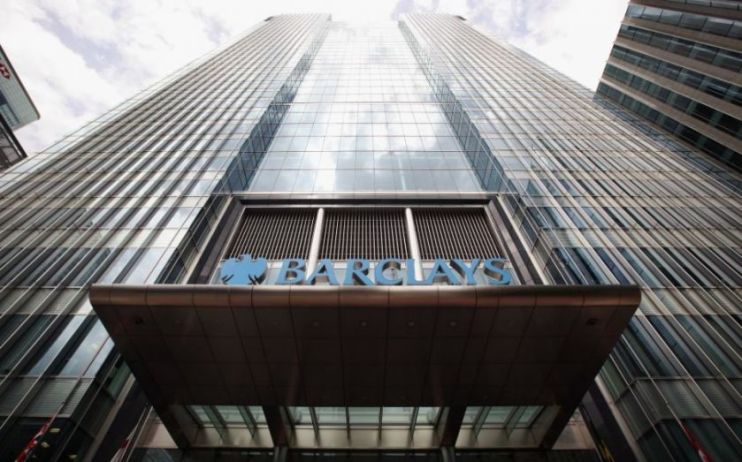Barclays faces fresh shareholder showdown over fossil fuels ahead of COP26

Barclays faces a second consecutive year of shareholder pressure on its position as Europe’s largest fossil fuel financier, after a shareholder resolution has been filed for the bank’s upcoming AGM on 5 May.
The resolution calls for financing and exposure to coal, oil and gas to fall in line with the Paris Agreement’s climate goals.
Despite several alterations to policy related to climate change made after last year’s annual general meeting, Barclays “still has not demonstrated that its provision of financial services – particularly in regard to the coal, oil and gas sectors – is aligned with the Paris Agreement,” according to environmental lobby group Market Forces, which has initiated the motion.
COP26 later this year
Following a similar resolution targeting HSBC, scrutiny on UK financial institutions is increasing ahead of the United Nations COP26 Climate Summit in Glasgow later this year.
Barclays remains Europe’s biggest financier of fossil fuels and the seventh largest in the world, financing just over $118bn to the coal, oil and gas sectors in the four years since the Paris Agreement.
Between January and September 2020, Barclays financed another $24bn to fossil fuels, an increase on the equivalent time period the previous year.
“If you want to see how effective Barclays’ climate policies are, you only need to look at its financing. After all the noise the bank has made over the last year, Barclays remains the biggest fossil fuel financier in Europe and the fifth biggest coal lender in the world. That’s not how a Paris-aligned bank behaves,” commented Adam McGibbon, a UK campaigner with Market Forces.
He told City A.M. that “investors are increasingly astute at seeing through the greenwash and we expect them to take responsibility for supporting Barclays to genuinely curb its exposure to all fossil fuels.”
Coal
Last week, a new report found Barclays to be the fifth largest lender in the world to the coal industry over the past two years.
In particular, Barclays is on course to remain a significant funder of the coal industry until at least 2030, expanding the scale of the industry. Compared to competitors such as Natwest, ING, Crédit Mutuel and Natixis, Barclays’ plans to reduce coal exposure are slower.
Market Forces pointed out that, unlike competitors such as Natwest, Barclays has not set targets to reduce oil and gas exposure over time.
The resolution’s supporting statement notes how, without further targets and restrictions on fossil fuel investment, Barclays will “continue to expose itself and its shareholders to unnecessary and unacceptable financial, reputational, policy and legal risks, identified by the G20 Financial Stability Board’s Task Force on Climate-related Financial Disclosures.”
If passed, the resolution will require the company to set further and improved short-, medium-, and long-term targets, to phase out its provision of financial services to fossil fuels, in timelines consistent with the Paris Agreement.
When approached by City A.M. this morning, no one at Barclays in London was available to discuss the upcoming motion.